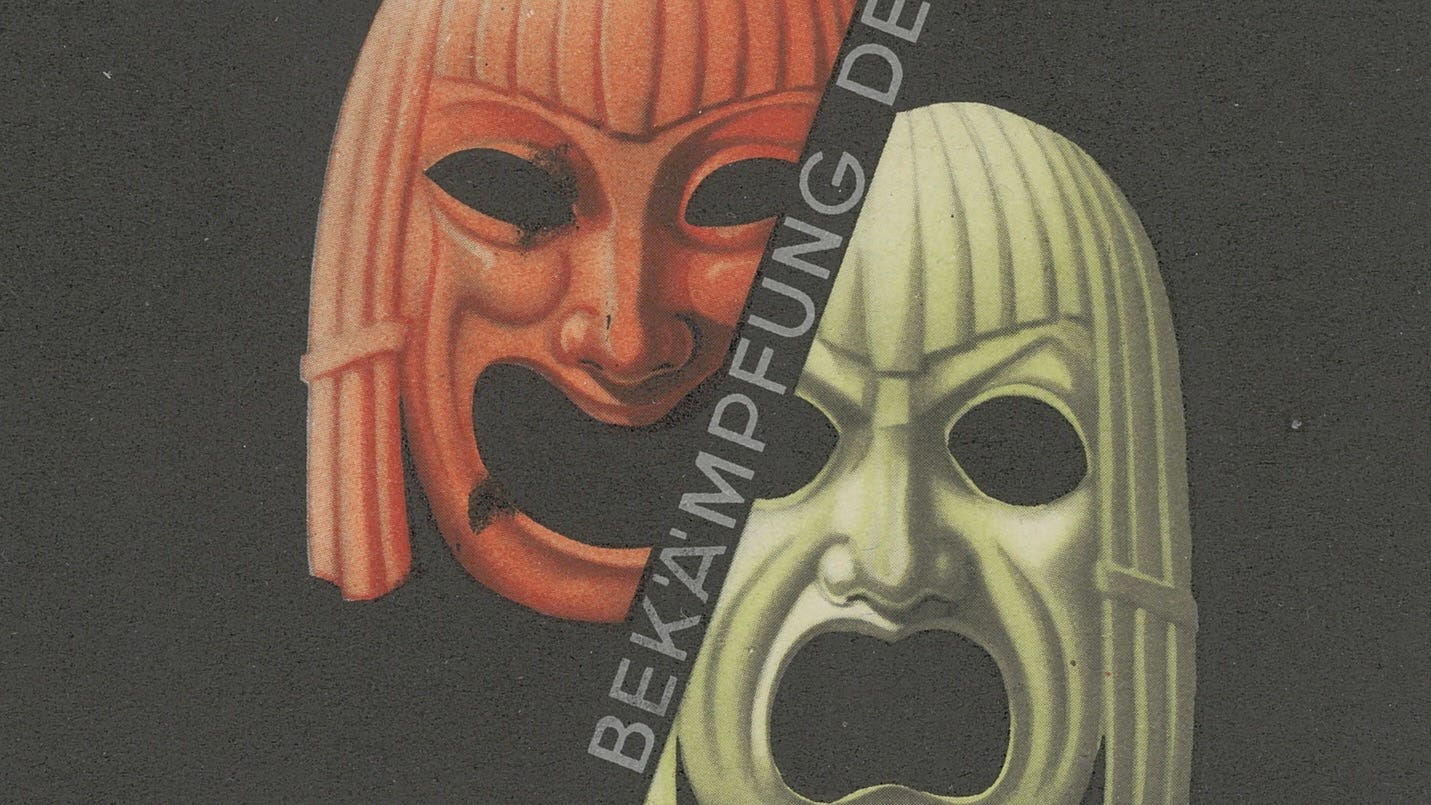It’s been nearly a week since the assassination of Charlie Kirk, and I’m still processing. Here are a few things I’ve read that resonated — you might find them interesting, too.
To start: In the Wall Street Journal last week, Peggy Noonan wrote a piece titled “Charlie Kirk’s Assassination Feels Like a Hinge Point.” In explanation, she writes: “It isn’t just another dreadful thing. It carries the ominous sense that we’re at the beginning of something bad.” I can’t say I agreed with the entirety of her column (which, honestly, is the mark of a good column), but several observations stood out. Here’s one:
For those of us who remember the 1960s and the killing of Medgar Evers, both Kennedys and Martin Luther King, it feels like we’re going through another terrible round of political violence. It’s tempting to think, “That was terrible but we got through it.” But the assassinations of the 1960s took place in a healthier country, one that respected itself more and was, for all its troubles, more at ease with itself. It had give. Part of why this moment is scary is that we are brittler, and we love each other less, maybe even love ourselves less. We have less respect for our own history, our story, and so that can’t act as the adhesive it once was. The assassinations of the 1960s felt anomalous, unlike us. Now political violence feels like something we do, which is a painful thought. [emphasis my own]
What do we give up if that’s the case? What comes next?
One thing that seems at very high risk is free speech. Attorney General Pam Bondi, aka America’s highest-ranking law-enforcement official, announced in an interview that the government would “absolutely target” protestors engaging in “hate speech” — which she defined as making light of Kirk’s assassination. She also suggested that the government had the power to investigate businesses who declined to print posters for his memorial vigil.
Even conservatives pilloried her comments as a gross misinterpretation of the First Amendment (which does not have a “hate speech” exception), but importantly, President Donald Trump did not. In fact, he took them even further. When an ABC reporter asked him how he felt about Bondi’s statements, he replied: “She’ll probably go after people like you, because you treat me so unfairly. It’s hate.”
There is no hate speech exception anywhere within the First Amendment, and being mean to the president has never been a prosecutable offense. But if we’re being honest with ourselves, the Constitution seems to be becoming more and more optional. And while I’ve never been a speech absolutist, this particular incidence of horseshoe theory — a wholehearted adoption of cancellation (and possibly political targeting?) by the Right, after years spent bemoaning it from the Left— bodes ill for a functional democracy dependent on the exchange of ideas … not to mention personal freedoms.
And as always, I feel compelled to figure out how this event is tied to societal trends, not just political ones. And here is where Claire Lehmann’s Quillette piece, “Brainrot, Not Ideology” gave me much to unhappily ponder.
Whether Robinson’s online milieu tilted left may end up being beside the point. What matters is the profile: a socially adrift 22-year-old dropout searching for meaning online […]
This is not just a mental-health story; it is a spiritual one. Kids with brainrot are not just chasing dopamine hits. They are searching for belonging, intimacy, initiation, and a status hierarchy. In-jokes supply a counterfeit community; algorithmic highs offer counterfeit meaning. Superstimuli hijack attention until the physical world feels flat and boring, and the digital one — an infinite scroll of references to references — starts to offer its own metaphysics. When the real is displaced by the virtual, what follows is not flourishing but a slow demise — a purgatory of endless posting in which the self thins out.
Implicated here are twin crises of loneliness and meaning, but also the way that the technology we have become dependent on is killing us, and others.
So where do we go from here? Hoping someone in the Crowd has an optimistic answer, because — much like Shadi — I am feeling sorely tested.
Wisdom of Crowds is a platform challenging premises and understanding first principles on politics and culture. Join us!




1) Get off the internet.
2) Become a free speech absolutist. Foremost by having grace for the stupid things people say.
3) Figure out what it means for you to be an American and vote for it.
4 & on) Take a walk, go to religious services, and pray. Oh, and eat dinner with people in your community.
Thanks for this, Christine! I saw someone say that it’s good for people to log off more, but that our leaders need to, too! Probably even more…. They’ve always been susceptible to the echo chamber phenomenon at the best of times. Now they’re up against algorithms and the attention economy. Even the responses to Kirk’s assassination sometimes have the unpleasant feel of clout-chasing...